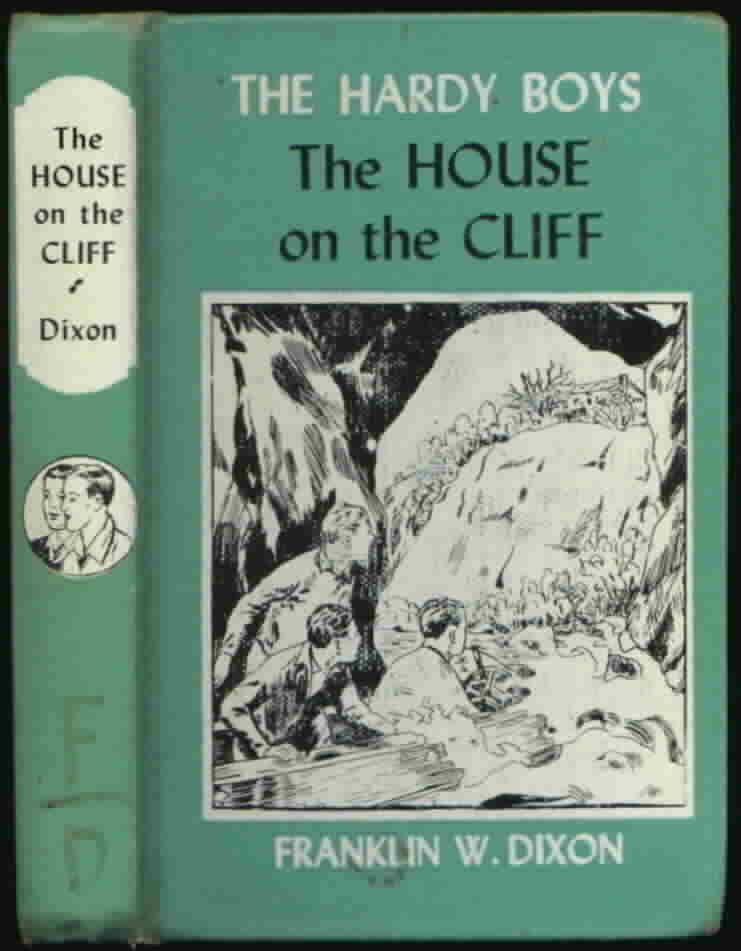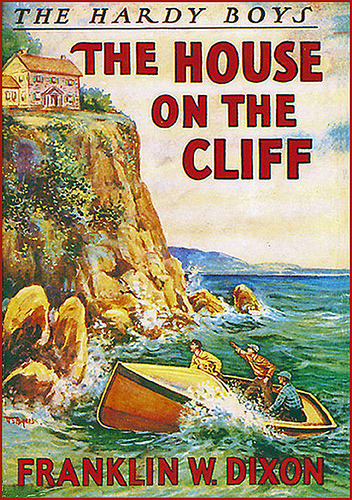The most interesting thing about reading interviews is that sometimes you may glean a bit of knowledge that surprises as well as fascinates you with its insight.
This happened when I was reading the following interview with the authors of Birth, School, Metallica, Death and Into the Black from Salon.com, concerning the rise and fall of the heavy metal group Metallica:
“What the f*ck have we got ourselves into?”: The Rise and Fall of Metallica
Now, before I get into what I found so fascinating in the interview, let me first state that I really like Metallica’s first album, Kill Them All, but have middling feelings about most of their other output. There are a smattering of songs from other albums I enjoy, but I’ve always felt their first album was their strongest. Further, in the realm of metal music, I’ve preferred the music of Megadeth (although to me their post-Countdown to Extinction and Youthanasia albums are lacking) and Anthrax.
Having said all this, here is what really intrigued me in the interview. It is the very last question and the authors’ answer (the part I found so intriguing is bolded):
Salon Question: What is the legacy of Metallica one hundred years from now?
Good question. A hundred years is a very long time. Given that almost no music from a hundred years ago is widely known by the general public, it’s tempting to say that it might not be remembered at all. But if it is, they will be recognized as the greatest metal band of all time.
As I said, this bit of information, something that if I had given some thought to would probably have realized on my own, nonetheless struck me as so very fascinating because it so clearly speaks of the transitory nature of music appreciation.
We are creatures that live and appreciate what goes on around us in the “here and now”. But our “here and now” is not necessarily other peoples’. Or, to put it another way, what we find memorable is not necessarily what others find memorable.
And so it is, perhaps more so than with other works of art, with music. For popular music is generational. When I was growing up, The Beatles were considered (and are to many still considered!) the best rock band there ever was. Yet when they were coming up, John, Paul, George, and Ringo were clearly influenced by the music they grew up to, which was 1950’s era rock and roll.
As much as I love Beatles music, I can’t get into most of the 1950’s era rock music, even though I know it was the foundation of much of what came afterwards.
I’ve noted many times before my love for the music of David Bowie, yet his output simply doesn’t work for my daughters, even though some of the music that does work for them displays to my ears clear echoes to Mr. Bowie’s works.
Ironically enough, I recall reading a very old (it must have been released in the late 1980’s or earlier) interview with James Hetfield, singer/songwriter/guitarist for Metallica, wherein he marvels at the music of the Beatles, a band he had at that point just discovered.
So the statement that “almost no music from a hundred years ago is widely known to the general public” is spot on…and rather sad.
I’ve always hoped that good art, whether it be novels or movies or television shows and, of course, music would stand the test of time. Yet the reality is that while we may still admire ancient artworks or ancient architectural wonders or old novels or poems, of all the art forms out there it seems to me music appreciation is the one that has the hardest time surviving the passage of time.
There are exceptions of course. Most people know or at least recognize Beethoven’s Fifth Symphony (and more likely the famous opening rather than the whole thing).
Yet let’s be truthful here: If you’re a modern teen in the mood to listen to music, I doubt you’re popping this into your player.
A while back I read another interview, this one with Henry Rollins (a truly fascinating singer/actor/comedian who came into prominence back in the 1980’s with the punk band Black Flag) wherein he stated that when he was a teen, his father would yell at him about the music he was listening to and tell him it was all garbage to his ears.
Mr. Rollins noted how his “old man” simply didn’t get the then modern music and therefore it proved how out of touch he was. Mr. Rollins went on to state that his teen self couldn’t believe how someone could get that way and be as out of touch with music as his father was. As a teen, he could only shake his head and say he’d never become like him.
The kicker? Mr. Rollins went on to say that over time he’s found more recent music harder and harder to like. With great humor and irony he notes that he finds most of it awful and that he has, effectively, become his father!
And so it goes.




